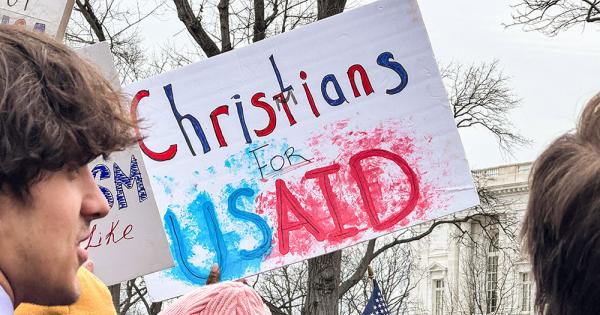Downside leading the Catholic private school response to Labour’s VAT raid
Downside School is leading the charge against Sir Keir Starmer’s plan to impose VAT on private school fees. The policy, set to take effect in January 2025, has surprised the leadership of the Benedictine boarding school in Somerset, particularly given the lack of prior consultation with the independent sector. The significant change was initially expected The post Downside leading the Catholic private school response to Labour’s VAT raid appeared first on Catholic Herald.

Downside School is leading the charge against Sir Keir Starmer’s plan to impose VAT on private school fees.
The policy, set to take effect in January 2025, has surprised the leadership of the Benedictine boarding school in Somerset, particularly given the lack of prior consultation with the independent sector.
The significant change was initially expected to be introduced in either April or September 2025. The sudden shift to a January implementation has left independent schools grappling with the implications for their students and the wider community.
In a letter to parents and members of the Downside community, John Ludlow, the school’s Chair of Governors, outlined the school’s position and its efforts to engage with the government regarding the new VAT policy.
While acknowledging the government’s aim to ensure high-quality education for all children, Ludlow emphasised that the introduction of VAT will likely have the opposite effect, particularly for schools like Downside, which provide vital educational support to students with special educational needs (SEND).
In response to the new VAT policy, Downside has made several key recommendations to the Treasury, including:
- Exempting smaller schools below a certain pupil number or income level.
- Offering exemptions for schools providing significant means-tested bursaries.
- Exempting fees for students already in independent schools to avoid disruption.
- Exempting boarding and extracurricular fees, which are not subject to VAT in state schools.
- Exempting schools offering SEND support that local state schools cannot provide.
- Delaying implementation until September 2025 to allow time for families and schools to adjust.
Schools like Downside play important roles in their local communities and beyond. The school is academically non-selective, and over a third of its students are registered as having special educational needs.
With smaller class sizes and a tailored curriculum, Downside provides essential support that many state schools cannot offer. Ludlow points out that many families make financial sacrifices to send their children to Downside for this very reason, highlighting the gap in support available within the state sector.
The financial impact of the VAT change on independent schools is already being felt. Scotland recently saw the closure of its only Catholic boarding school. Not long after, a small Catholic private school serving working-class families in one of the most deprived parts of England had to close due to Labour’s VAT change.
In the past two years, Downside has seen a reduction in pupil numbers. It estimates that about 44 UK-based students have either left or chosen not to enrol due to financial constraints exacerbated by the impending VAT.
This shift places additional strain on the state sector, as these students now require places in state schools, further undermining the policy’s intended goal of raising revenue. One estimate, based on a survey of parents currently educating their children at private schools, suggests that as many as 80,000 pupils could leave the independent school system by January 2025.
When this point has previously been raised, the government responded by arguing that most local authorities currently have the capacity to accommodate extra students. Critics, however, have labelled this response tone-deaf, as filling these theoretical extra places in already embattled state schools will still lead to significant additional pressure on the sector.
Despite these challenges, Downside remains committed to its charitable obligations, offering means-tested bursaries to students who would otherwise be unable to attend. Currently, 22 per cent of the school’s gross fee income goes toward bursaries, with many students benefiting from fully funded places.
Downside is awaiting the outcome of its submissions to the Treasury, and Ludlow encourages parents and members of the community to voice their concerns by contacting their MPs.
The earlier than expected implementation date of the VAT policy has raised concerns that it is part of a trend for the new Labour government of hasty decisions with far-reaching societal implications.
According to reports from within the House of Commons, Starmer is also seeking to fast-track an “assisted dying” law through Parliament before Christmas.
His government is also enacting new legislation from 31 October that would bar protests – which includes silent prayer for the women and unborn babies involved – within a so-called buffer zone of 150 metres of a clinic or facility providing abortion services.
RELATED: Keir Starmer plans ‘assisted dying’ Bill before Christmas
RELATED: Good Catholic Schools Guide 2024
Photo: Map of Downside School grounds; screenshot from downside.co.uk.
![]()
The post Downside leading the Catholic private school response to Labour’s VAT raid appeared first on Catholic Herald.














